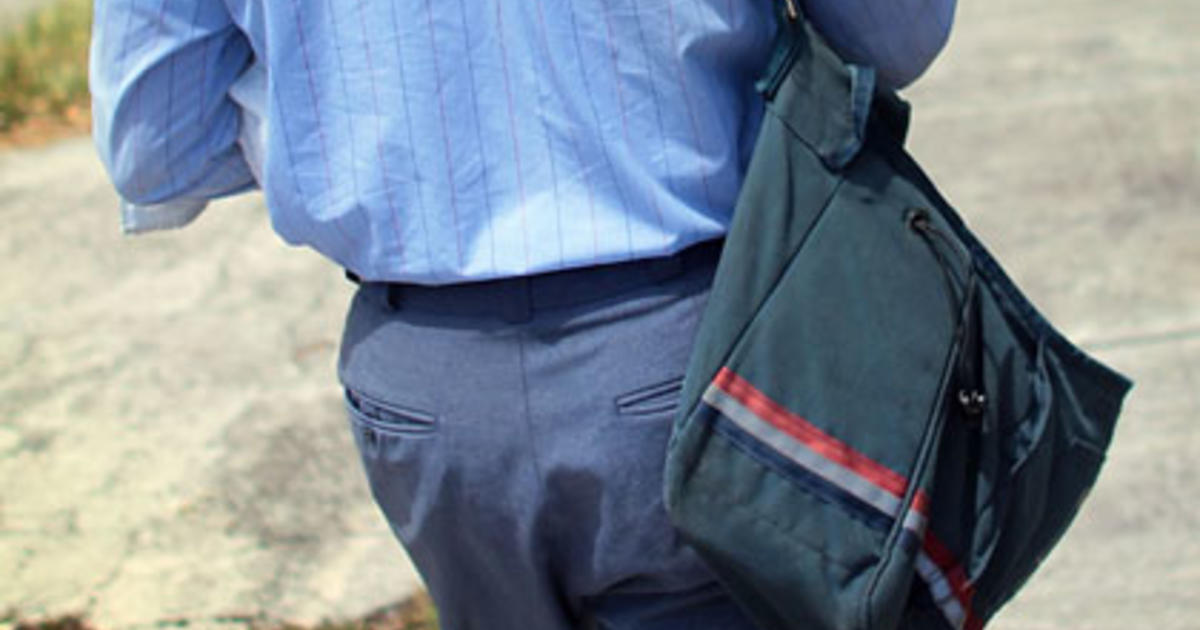Think before you tap: How social media is a gold mine for scammers
TEXAS (CBSDFW.COM) - While you may be a pretty savvy shopper, scammers are getting more sophisticated as well, experts say.
"These criminals are smart. They really use technology to their advantage," said Amy Rasor, Fort Worth Regional Director for the Better Business Bureau.
That's because even if you're not shopping, your every move is being monitored. "You may have emailed someone, you may have had a discussion and your Alexa picked it up," said Rasor. "Everything is being tracked at this point."
That's why the ads you see on Facebook, Instagram and other platforms seem so familiar. While tapping on them may lead to a good deal, it could also lead you straight into a scam.
"People pretend that they're Google, Amazon, the IRS," said Rasor. "It's the same thing with products - they can easily mimic a brand."
That's what happened to Christy Oxner. The Weatherford woman was scrolling through Facebook when an ad caught her eye.
"It looked like James Avery. There was nothing indicating it wasn't James Avery."
Oxner clicked on the ad, which took her to a website advertising a big sale. She filled her cart and didn't notice any red flags until she checked out.
"Once I hit purchase, it popped up where it was from and it just didn't say James Avery." Instead, it was a series of random letters and numbers. The same code popped up on her PayPal account, which she had used to make the purchase.
Oxner thought maybe it was an outlet or independent seller, but when the jewelry arrived, it was obviously fake.
"It looks like a gumball machine toy or something," she said.
Oxner emailed the company to complain and sent a photo of what she received.
"Their response after I sent them the picture was, 'those look nice. Why don't you keep them and we'll give you a discount on your next order?' And I was like.. um, what?' " laughed Oxner.
The jewelry company offered Oxener a 5% refund, then 8%, then 10%, but told her she would first have to pay to ship the jewelry back to China. She ended up getting her money back through PayPal.
Reports of social media scams have soared over the last few years.
In 2017, the Federal Trade Commission received about 5,000 complaints from people who lost a combined $42 million. In 2021, there were 95,000 complaints with losses topping $770 million.
Rasor said there's an issue with those numbers: "they're not high enough." Rasor said like the FTC, the BBB receives reports of online shopping scams, but the numbers are just the tip of the iceberg.
"There are tons more out there that have not shared this information," she said. "They think, 'oh, I'm embarrassed, I don't want to say I got scammed. Oh it wasn't that much, it's not that big a deal, we'll just write it off as a mistake.'"
Avoiding those mistakes starts with your phone. Rasor said you should check the settings for every app you've downloaded.
"You may want to go in and adjust your settings for only allow to track when I'm using this app,' or 'don't track at all.'"
If you come across a social media ad that looks interesting, don't tap it. Don't copy and paste the web address. Instead, open a browser and type it in yourself.
"You just want to go straight to the website to make sure it's the company's website."
Before you buy, do your own detective work.
- Make sure the company has a return policy and contact information
- Search the company name along with the word "scam" or "complaint"
- Use the BBB Scam Tracker to search for complaints about companies or products
- Use a protected form of payment like credit cards or PayPal
- Beware of deals that are too good to be true, or high pressure sales pitches
Rasor says you need to think of each step like a layer of protection.
"Your cameras on your house are one level, your door lock is another level, your dogs are another level," she said. "It has to layer what's protecting us."
The BBB just released an in-depth study about online shopping fraud and the role of social media.
You can read it here.



